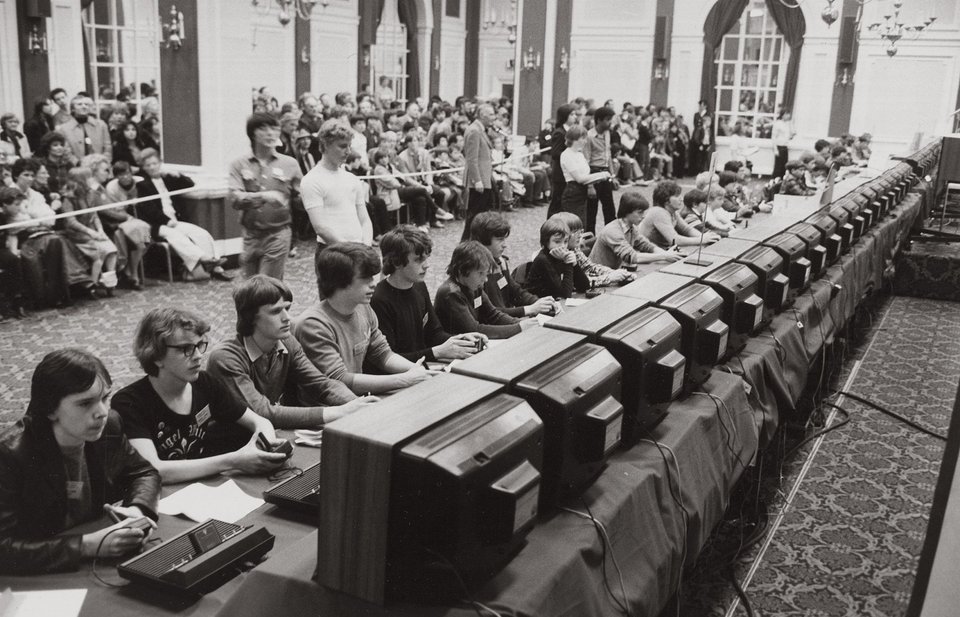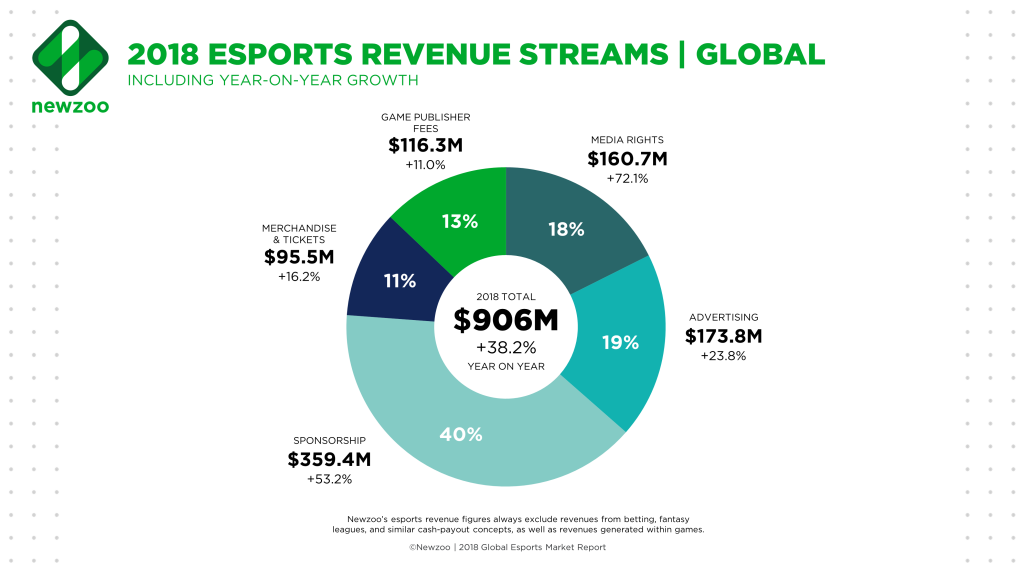In some sense, electronic sports have been around for several decades, as competitions involving video games date back to the early seventies. The earliest documented esports event took place at Stanford University, in 1972, for a game called Spacewar. Stanford students were invited to participate in a Spacewar tournament for the chance to win a year’s subscription for Rolling Stone, a magazine that focuses on popular culture.
The first large-scale esports event
The first large scale esports event took place in 1980. The tournament was called the Space Invaders Championship, was organized by Atari and attracted more than 10,000 participants across the US. This competition helped popularize competitive gaming as a mainstream hobby.
During the seventies and eighties, the notion of competitive gaming was slowly popularized and started to be featured on television and in various magazines. There was even a movie made in 1989 called “The Wizard” which was all about a competitive gaming tournament.

Breaking the stigma and gaining popularity
Then, in the nineties, as the entire field of Information Technology evolved and the Internet became more widespread, newer, better and even more popular competitive video games emerged, inevitably leading to the formation of various esports organizations, leagues and championships. Among these, I would mention:
- Blizzard Entertainment, id Software and Valve Corporation, as companies that played an essential role in the creation and development of esports titles.
- Warcraft, Quake, Counter-Strike and StarCraft, as esports titles that became very successful and gave people digital arenas in which to compete.
- The Cyberathlete Professional League, the Professional Gamers League and QuakeCon, as early tournaments in which gamers could compete with each other for prizes.
In the 2000s, the esports industry’s development was further accelerated by the creation and popularization of several types of esports titles: RTS or Real-Time Strategy games (such as StarCraft 2), MOBA or Multiplayer Online Battle Arena games (such as League of Legends and Dota), FPS or First-Person Shooter games (such as Counter-Strike) and others.
The development of competitive video games that are fascinating to play and watch, by companies such as Blizzard Entertainment, Valve Corporation and Riot Games, had a huge influence on the popularization of esports. Without works of art such as StarCraft 2, Counter-Strike, Dota and League of Legends, the industry could not have been where it is today. Much like the sport industry could not have been where it is today without its brilliant creations: Football, Tennis, Soccer, Basketball and so on.

The booming industry we know today
With RTS, MOBA and FPS games becoming hugely popular, in the early 2010s the entire esports industry started to boom. It went from around 700 tournaments being organized each year across all esports titles, to several thousand tournaments per year in less than a decade. At the same time, the audience size and prize pools grew too. For example, the first Dota 2 world championship (The International 2011) had a prize pool of 1.6 million dollars and a maximum number of concurrent viewers of less than 500,000. In 2017, The International had a prize pool of 24.7 million dollars and a maximum number of concurrent viewers of more than 10 million. The game itself is played by around 10 million people, but there are other titles with much bigger audiences. For example, League of Legends, another MOBA game, has a player base of over 100 million.
Overall, the esports industry went from humble beginnings to global phenomenon in just a few decades. Not too long ago, today’s electronic sports were viewed as nothing more than computer games played by children and teenagers. And to outsiders they still are. But although some may not be aware of the revolution that has occurred over the last 10-20 years, esports is now an industry expected to surpass the $1 billion mark in 2019. Not huge yet, but not negligible either.
Globally, the industry is so big that in 2017, esports have been registered as official tournaments of the 2022 Asian Games, a competition recognized by the International Olympic Committee (or IOC). Thomas Bach, the IOC president, said that the committee would like to open its door to electronic sports as long as they don’t go against the Olympic spirit.




Latest comments
Sorry, the comment form is closed at this time.